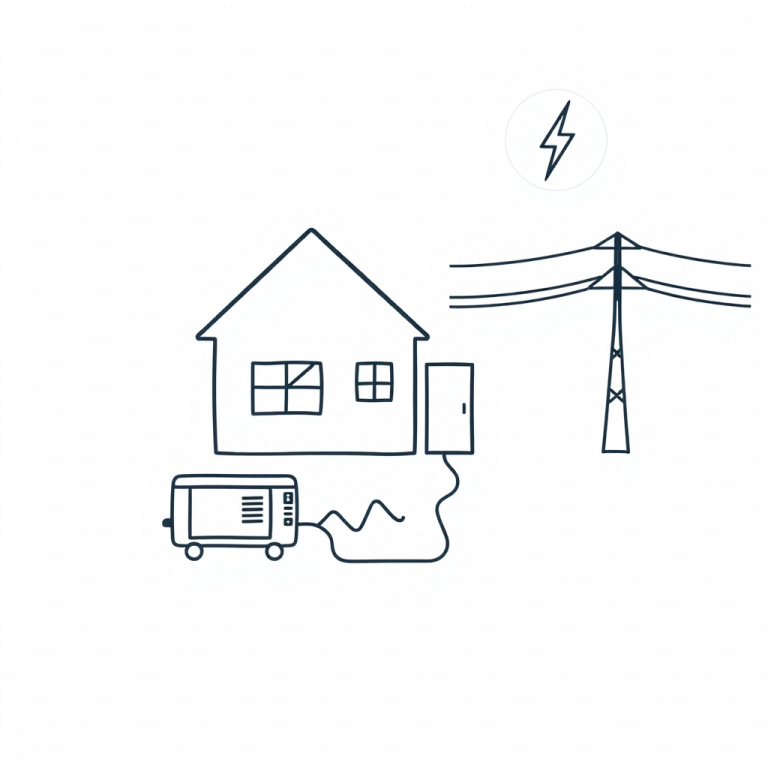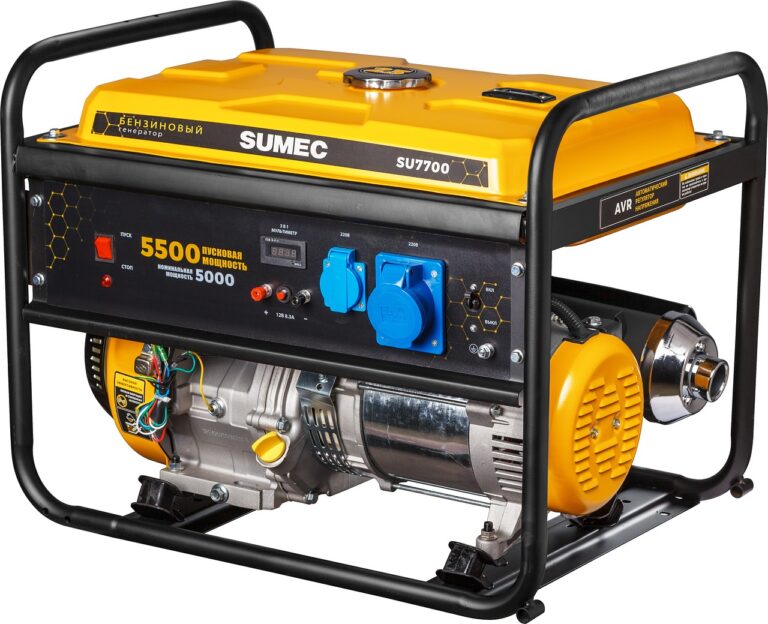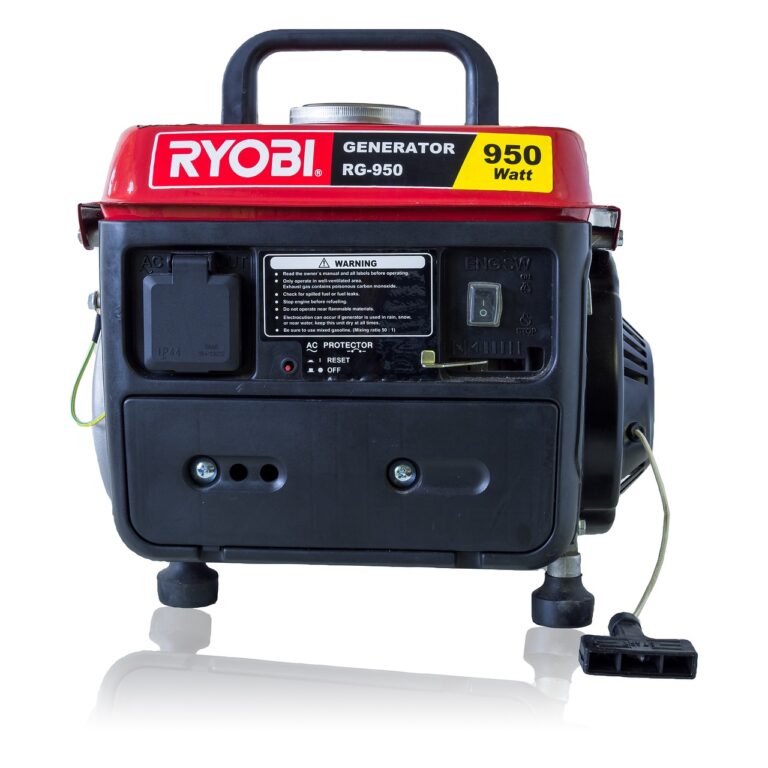Reasons Why Your Generator Won’t Start
Portable generators can be incredibly useful, whether you need to power tools on a job site or keep the lights on during a power outage. However, when your generator won’t start, it can be incredibly frustrating. Before you call a professional or give up on your generator, there are a few things you can check to see if you can fix the problem yourself.
Reasons Why Your Generator Won’t Start
| Problem | Possible Solution |
|---|---|
| The generator is out of fuel | Fill fuel tank |
| The oil level is low | Check the oil level and add oil if necessary |
| The air filter is dirty or clogged | Locate and clean or replace the air filter |
| The spark plug is fouled | Locate and inspect the spark plug, and replace if necessary |
| The battery is dead or not connected properly | Check battery for charge and proper connection |
| The circuit breaker or fuse has tripped | Check the control panel for a tripped breaker or blown fuse, reset or replace as necessary |
| The carburetor is clogged or not functioning properly | Consult a professional for repair or replacement |
| Starter rope is broken or not pulling properly | Locate and inspect the starter rope, and replace if necessary |
Fuel
First, make sure that your generator has enough fuel. It may seem obvious, but sometimes we forget to check the most basic things. If the fuel tank is empty, simply fill it up and try starting the generator again. If the generator still won’t start, you’ll need to move on to the next step.
Oil Level
Next, check the oil level. Portable generators have small engines that need oil to lubricate the moving parts. If the oil level is low, the engine can become damaged, and the generator will not start. Check the oil level according to the instructions in the user manual and add oil if necessary.
Clogged Air Filter
Another common issue is a dirty or clogged air filter. The air filter keeps debris and dust from entering the engine, but if it becomes clogged, the engine can’t breathe and won’t start. Locate the air filter and check it for dirt or debris. If it’s dirty, clean or replace it according to the instructions in the user manual.
Spark Plug
The spark plug is also an essential part of the generator’s engine and is responsible for igniting the fuel. If the spark plug is fouled, the generator won’t start. Locate the spark plug and remove it according to the instructions in the user manual. Inspect it for signs of wear or damage and replace it if necessary.
Electric Start
If your generator has an electric start, check the battery. Make sure it is fully charged and connected properly. If the battery is dead or not connected properly, the generator won’t start. If the battery is in good condition, move on to the next step.
Circuit Breaker
A circuit breaker or fuse that has tripped can also prevent a generator from starting. Check the generator’s control panel for a tripped breaker or blown fuse. If you find one, reset the breaker or replace the fuse and try starting the generator again.
Carburetor
Another issue that can prevent a generator from starting is a clogged or malfunctioning carburetor. The carburetor is responsible for mixing fuel and air in the proper ratio for the engine to run. If the carburetor is clogged or not functioning properly, the generator won’t start. This is a more advanced issue and may require a professional to fix.
Starter Rope
Finally, check the starter rope. If the starter rope is broken or not pulling properly, the generator won’t start. Locate the starter rope and inspect it for signs of wear or damage. If the rope is damaged, it will need to be replaced.
If you’ve checked all of these things and your portable generator still won’t start, it may be time to call a professional. A qualified technician will be able to diagnose the problem and make any necessary repairs.
In summary, there could be a variety of reasons why your portable generator won’t start, including:
- The generator is out of fuel
- The oil level is low
- The air filter is dirty or clogged
- The spark plug is fouled
- The battery is dead or not connected properly
- The circuit breaker or fuse has tripped
- The carburetor is clogged or not functioning properly
- The starter rope is broken or not pulling properly Before you call a professional, try checking these things first and consulting the user manual for your specific generator model for troubleshooting tips. If the problem persists, it may be necessary to have the generator serviced



